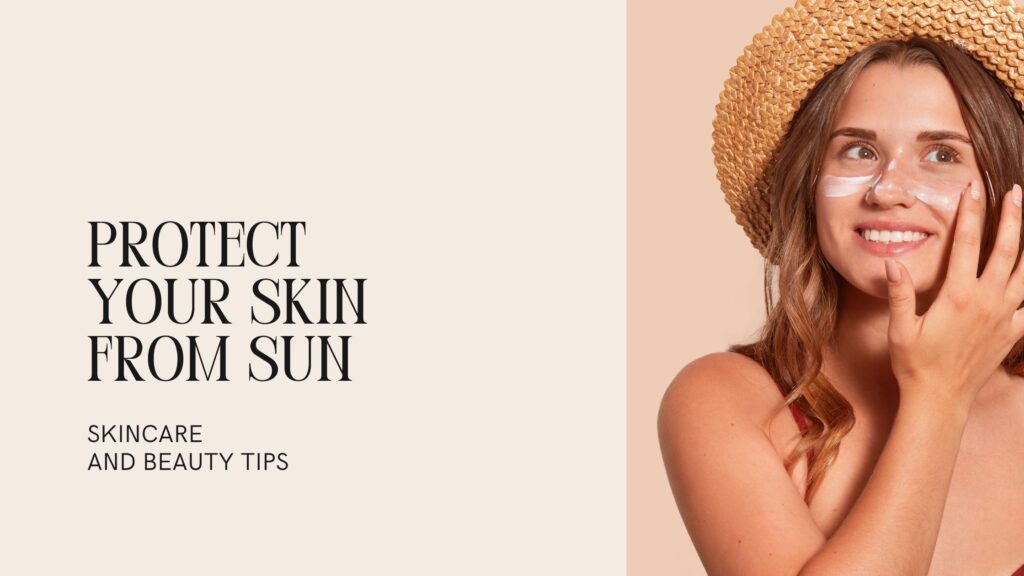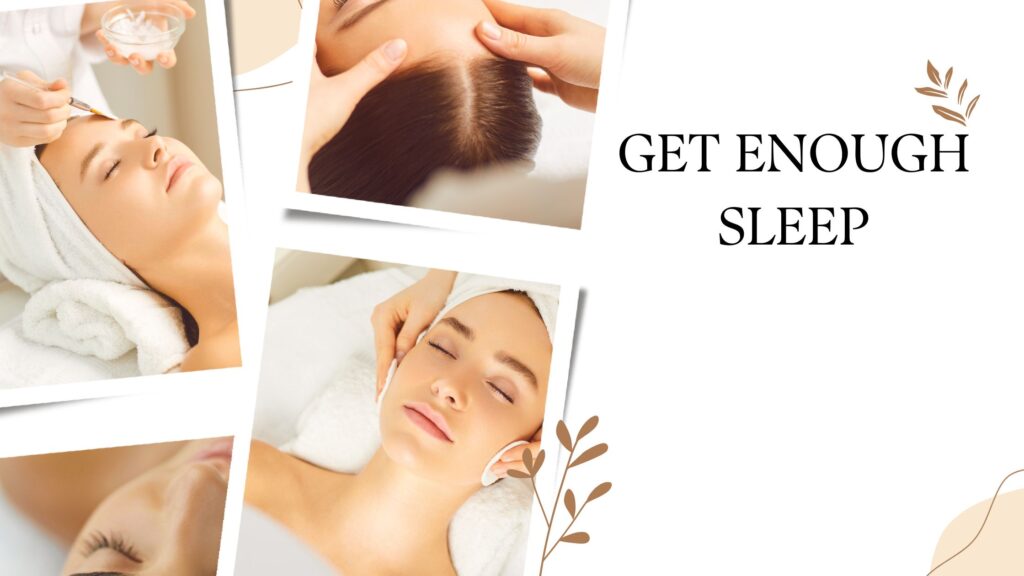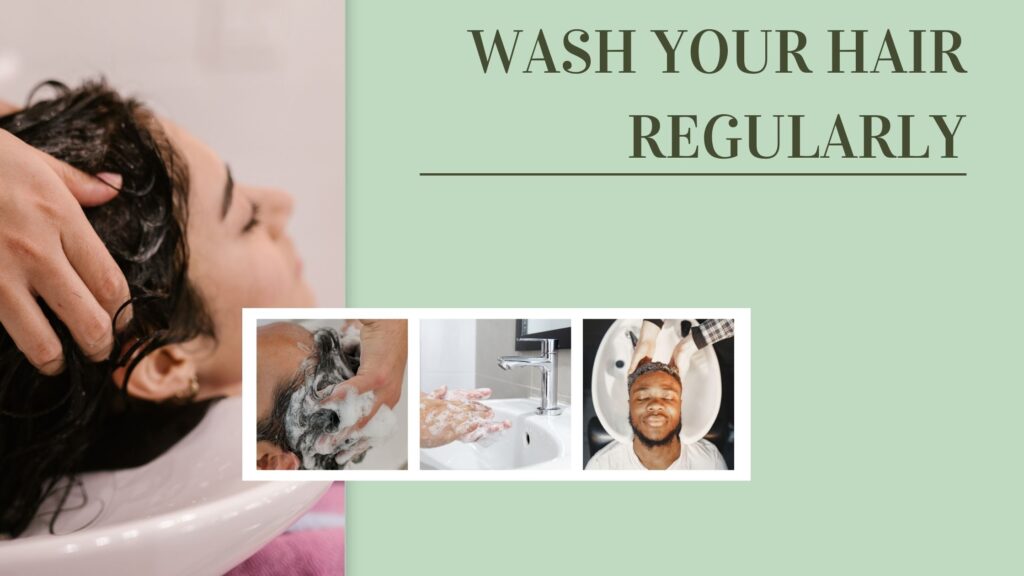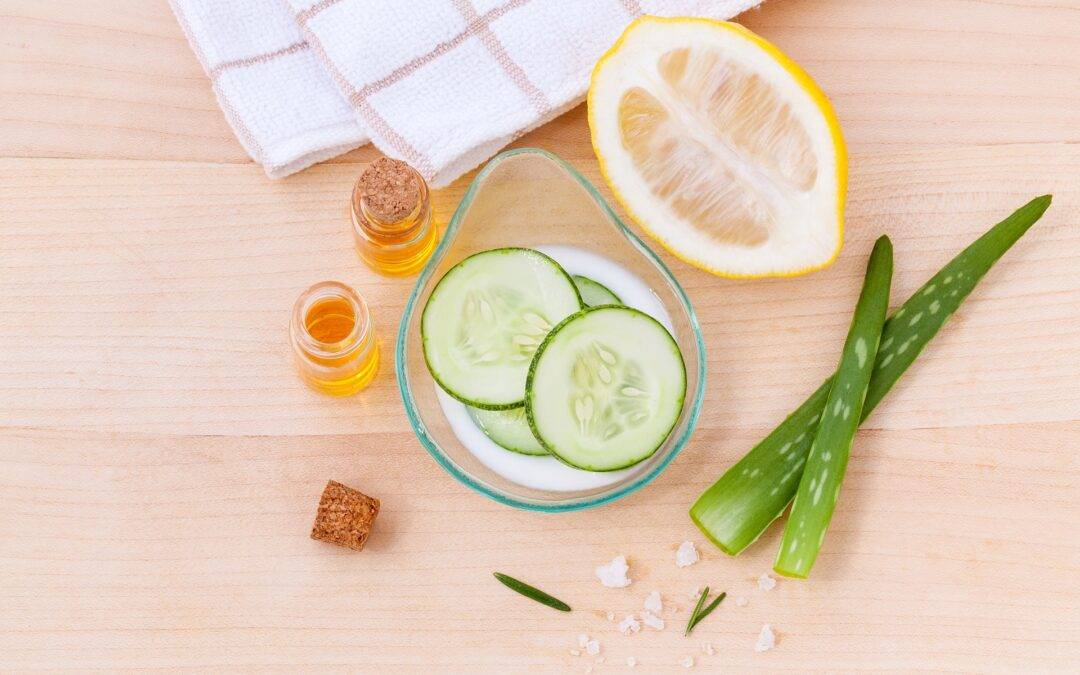Maintain skin and hair Part 1: Healthy Skin
- Maintain skin and hair-Keep your skin clean.

Maintain skin and hair-Washing your face twice a day with a mild cleanser can help remove dirt and oil. Avoid using hot water and soaps as they can strip your skin of natural oils and cause irritation. If you have sensitive skin, opt for fragrance-free and non-comedogenic products. Wash your hands before touching your face to prevent the spread of bacteria.
- Protect your skin from the sun

Maintain skin and hair-UV rays from the sun can cause skin damage and premature aging. To protect your skin, wear a broad-spectrum sunscreen with an SPF of at least 30 and reapply every two hours when outdoors. Wear protective clothing such as hats and long-sleeved shirts when in direct sunlight. Try to avoid being in the sun during peak hours, which is between 10 am and 4 pm.
- Stay hydrated..

Drinking plenty of water can help keep your skin hydrated and prevent dryness. Aim for at least eight glasses of water a day. If you have trouble drinking plain water, try adding slices of cucumber, lemon, or mint to add flavor.
- Eat a healthy diet.

Maintain skin and hair-Eating a diet rich in fruits, vegetables, whole grains, and lean proteins can help provide your skin with essential nutrients such as vitamins and minerals. Omega-3 fatty acids found in fish and nuts can also help improve skin health by reducing inflammation.
- Manage stress

Stress can cause skin problems such as acne and eczema. Practice stress-reducing activities such as meditation, yoga, or deep breathing to help manage stress levels. Getting regular exercise can also help reduce stress and improve overall health.
- Get enough sleep

Maintain skin and hair-Lack of sleep can cause dark circles, fine lines, and other skin problems. Aim for at least 7-8 hours of sleep per night. Establishing a regular sleep routine and avoiding electronics before bedtime can help improve the quality of your sleep.
Part 2: Maintaining Healthy Hair
- Wash your hair regularly

Washing your hair regularly can help remove dirt, oil, and product buildup. How often you should wash your hair depends on your hair type and lifestyle. People with oily hair may need to wash their hair every day, while those with dry or curly hair may only need to wash their hair once or twice a week. Use a sulfate-free shampoo and conditioner to prevent stripping your hair of natural oils.
- Avoid heat styling tools
Heat styling tools such as flat irons, curling irons, and blow dryers can cause damage to your hair. If you must use these tools, use them on a low heat setting and apply a heat protectant spray beforehand. Limit the use of these tools to once or twice a week.
- Protect your hair from the sun
UV rays from the sun can cause damage to your hair, including dryness and split ends. Wear a hat or scarf when outdoors to protect your hair from the sun. You can also use hair products that contain SPF.
- Eat a healthy diet
Eating a balanced diet can help promote healthy hair growth. Foods rich in protein, such as eggs, lean meats, and legumes, can help strengthen hair. Foods rich in vitamins and minerals such as biotin, iron, and vitamin C can also help improve hair health.
- Avoid tight hairstyles
Hairstyles such as tight ponytails, braids, and buns can cause damage to your hair and lead to hair loss. Opt for looser hairstyles or use hair ties that are gentle on your hair.
- Get regular trims
Getting regular trims can help prevent split ends and promote healthy hair growth. Aim to get a trim every 6-8
Conclusion
Maintaining healthy skin and hair requires consistent care and attention. By following the tips and strategies outlined in this guide, you can enhance the health and appearance of your skin and hair. Remember to keep your skin clean by using mild cleansers and protecting it from the sun with sunscreen and protective clothing. Stay hydrated, eat a nutritious diet, manage stress levels, and get enough sleep to support your skin’s health. For your hair, wash it regularly, minimize heat styling, protect it from the sun, eat a balanced diet, avoid tight hairstyles, and get regular trims.
It’s important to note that everyone’s skin and hair are unique, and what works for one person may not work for another. It may require some trial and error to find the skincare and haircare routine that suits you best. Additionally, if you have specific skin or hair concerns, it is always recommended to consult with a dermatologist or a trichologist for personalized advice and treatment.
By adopting these habits and making them a part of your daily routine, you can maintain healthy skin and hair, boosting your confidence and overall well-being. Remember, consistency and patience are key, and the results will gradually show over time. Invest in your skin and hair health, and enjoy the benefits of radiant skin and lustrous hair for years to come.

Take charge of your skin and hair health today! Implement these tips into your daily routine and witness the transformation. Embrace the beauty and confidence that comes with maintaining healthy skin and luscious hair.

